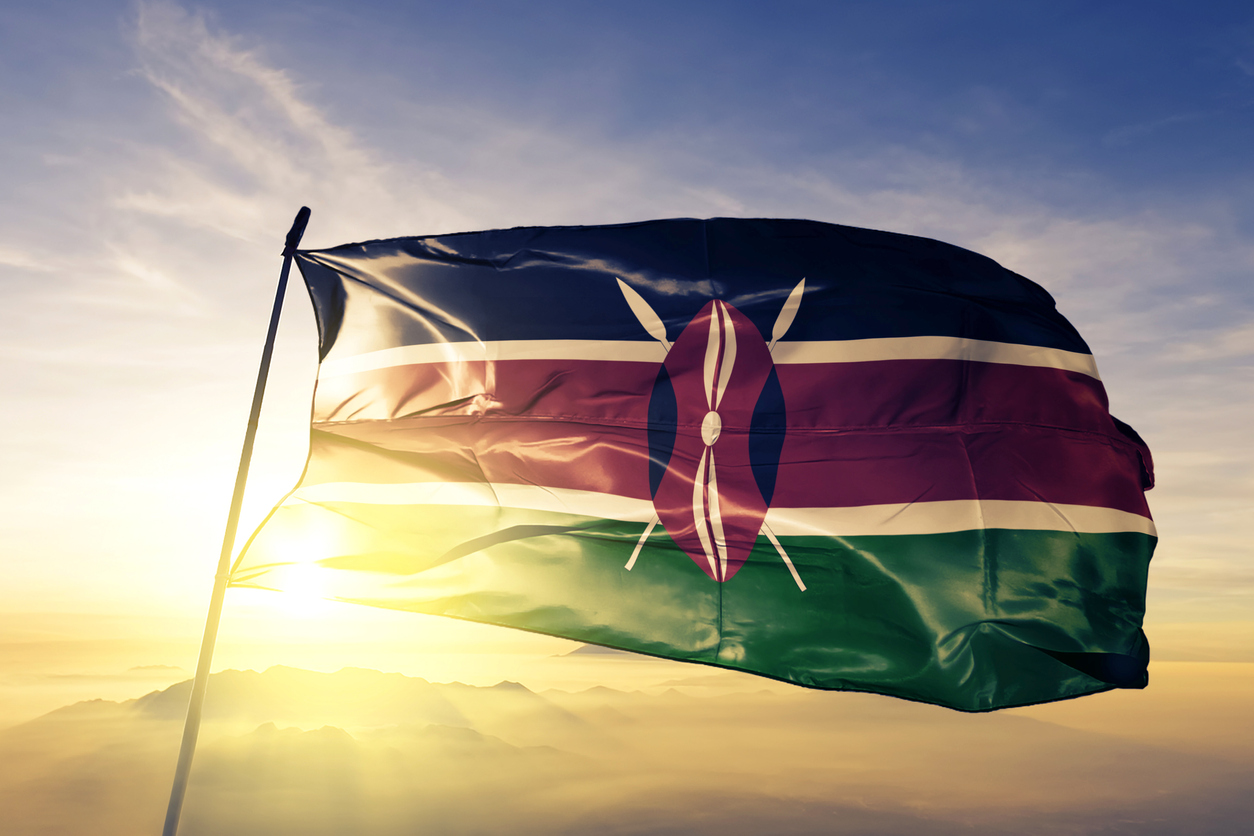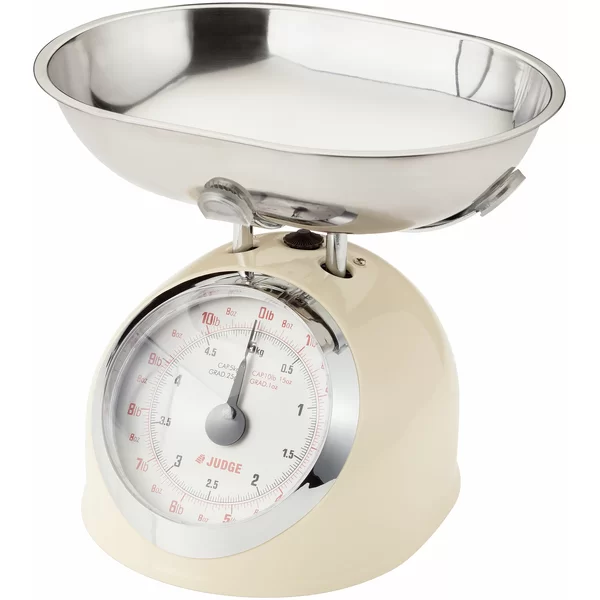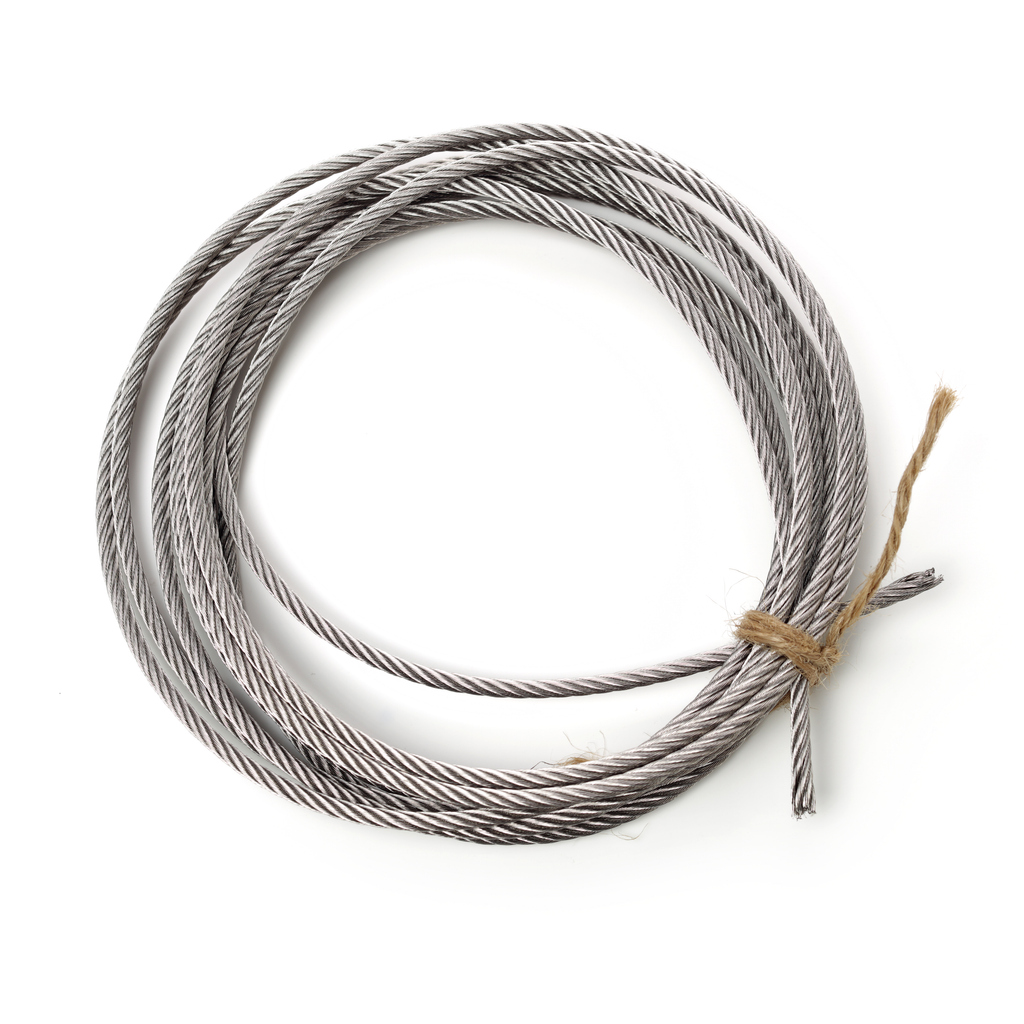Step-by-Step Guide to Shipping Goods from the United Kingdom to Kenya
Step-by-Step Guide to Shipping Goods from the United Kingdom to Kenya
Shipping goods from the United Kingdom to Kenya can seem like a daunting task. However, with the right guidance, it can be a relatively straightforward procedure. This step-by-step guide is designed to help you navigate the process of shipping goods from the UK to Kenya. We will cover all the important details, from choosing the right shipping method to ensuring your goods arrive safely and on time. With this guide, you can rest assured that your goods will arrive in Kenya in the best condition and at the best price. So, if you’re looking for a reliable and efficient way to ship goods from the UK to Kenya, this guide is here to help.
Choosing the right shipping method
Different goods have different shipping requirements. To ensure your goods arrive safely and on time, it’s important to choose the right shipping method. Some goods are too fragile or heavy to be shipped by air, while others may not have the required documentation. The following table outlines the most suitable shipping methods for various types of goods:
Document requirements for shipping goods to Kenya
The type of shipping method you choose will determine the documentation requirements. Most shipping companies will walk you through this process when you book your shipment. The following table provides an overview of the documentation requirements for shipping goods to Kenya.
Calculating shipping costs
Shipping costs vary depending on the shipping method, the type of goods you’re shipping, and the distance travelled. To find out how much your shipment will cost, you’ll need to do a little research. You can do this by comparing different shipping companies and their rates. Top shipping comparison websites such as Freightos and ShippingEasy provide you with shipping rates from various carriers, including sea freight and air cargo carriers. Alternatively, you can also contact a few shipping companies directly to get an idea of their rates.
Understanding shipment times
Shipping times are often a big concern for importers. This is particularly true for those importing goods from the UK to Kenya. With a long distance between the two countries, many importers wonder if their goods will arrive on time. This is why it’s important to understand the shipping times of various shipping methods. The following table provides an overview of the shipping times of various shipping methods:
Properly packing and labeling your goods
Properly packing and labeling your goods is key to a smooth and successful shipping experience. If your goods are not packed and labeled properly, they may sustain damage during transport and arrive in Kenya in poor condition. To ensure your goods arrive safely, it’s important to follow the guidelines provided by your shipping company and adhere to the International Maritime Organization (IMO) Safety of Life at Sea (SOLAS) Convention. The following table outlines the key packing and labeling tips for shipping goods to Kenya:
Insurance and customs clearance
Some shipping companies offer insurance coverage for your goods. This is particularly useful for perishable goods and large shipments. If your shipping company does not offer insurance, you can obtain insurance from other carriers. When shipping to Kenya, it’s important to clarify whether or not your goods require customs clearance. Some shipping methods require customs clearance, while others do not. If your goods require customs clearance, you will need to use an agent. Customs clearance agents provide services, such as the handling of documentation, facilitating inspection, and paying customs duties and taxes. Generally, the importer pays for the services of the customs clearance agent.
Tracking your shipment
Tracking your shipment is essential for a successful shipping experience. If you are shipping via air cargo, you will be able to track your shipment online. Otherwise, you may need to call your shipping company to get the details you need for tracking. It’s important to regularly check the status of your shipment, particularly if you are shipping perishable goods or are importing for a special occasion. If you notice that your shipment has been delayed, it’s important to follow up with the shipping company to get additional information.
Ensuring the safe arrival of your goods
Unfortunately, shipping is a risky business and accidents happen all too often. This is particularly true when shipping by air cargo, which is the most common shipping method for goods imported to Kenya. To ensure the safe arrival of your goods, it’s important to do everything you can to reduce the risk of damage. This can be done by carefully selecting the right shipping method and properly packing and labeling your goods.
Working with a reliable shipping partner
Choosing the right shipping partner is essential for a successful shipping experience. This is particularly true for those shipping perishable goods or importing for special occasions. When choosing a shipping partner, you should look for the following qualities: – Reliability: Your shipping company should be reliable and trustworthy. They should be able to deliver on their promises and communicate with you in a timely manner. – Service: Your shipping company should provide high-quality service, including competitive rates, proper packing and labeling instructions, and easy online tracking. – Commitment: Your shipping company should be committed to delivering your goods safely and on time.
Common issues to look out for
As importers have come to expect, there are certain issues that arise when importing goods to Kenya. These include: – Delayed shipments: Delayed shipments are a common problem when shipping goods to Kenya. This is largely attributed to the long distance between the UK and Kenya. You can reduce the risk of delayed shipments by choosing a shorter shipping route. – Customs delays: As importers know, customs can be a slow process, especially in developing countries like Kenya. This is particularly true for perishable goods, which require more time for inspection. You can avoid customs delays by using an agent to clear your goods. – Poor packaging: Poor packaging is another common issue when importing goods to Kenya. This can be attributed to importers expecting services from customs clearance agents. It’s important to note that customs clearance agents are not responsible for the packaging of your goods. And there you have it. A step-by-step guide to shipping goods from the UK to Kenya. With the help of this guide, you can navigate the process of shipping goods from the UK to Kenya with ease. Now that you understand the shipping process, it’s time to get started!








LEAVE A COMMENT
You must be logged in to post a comment.